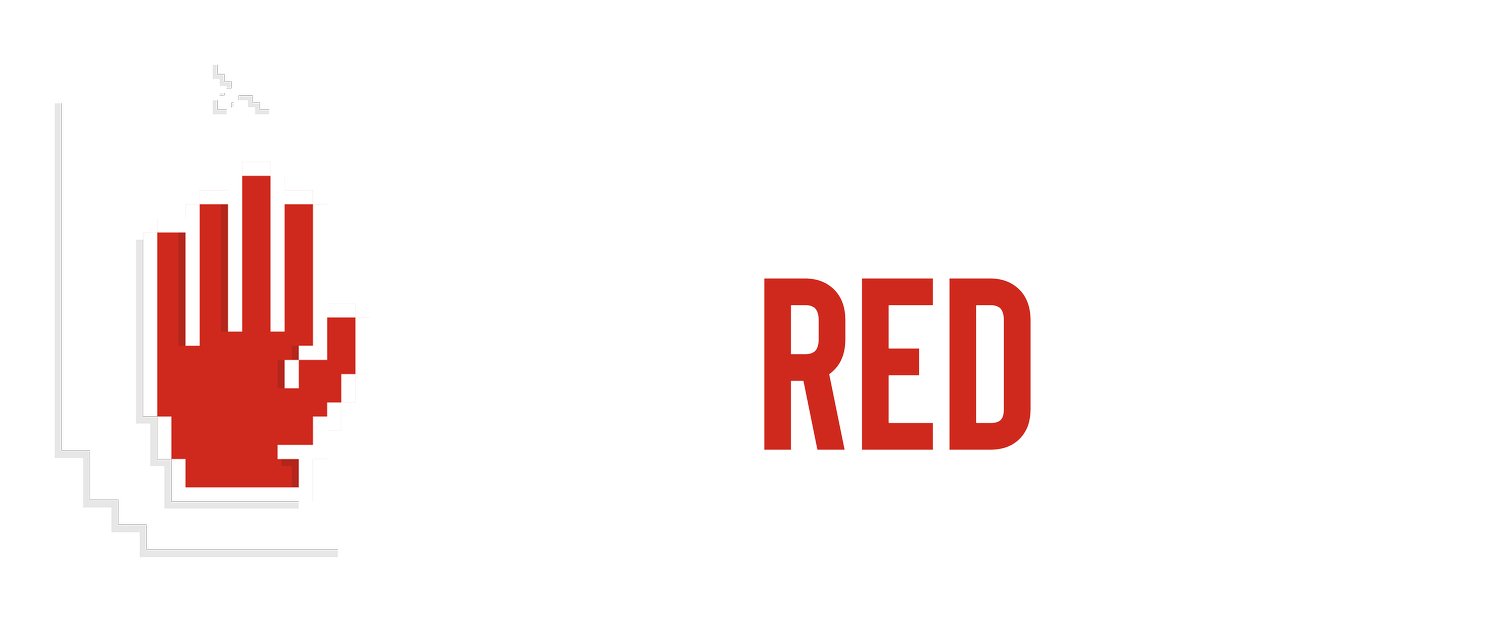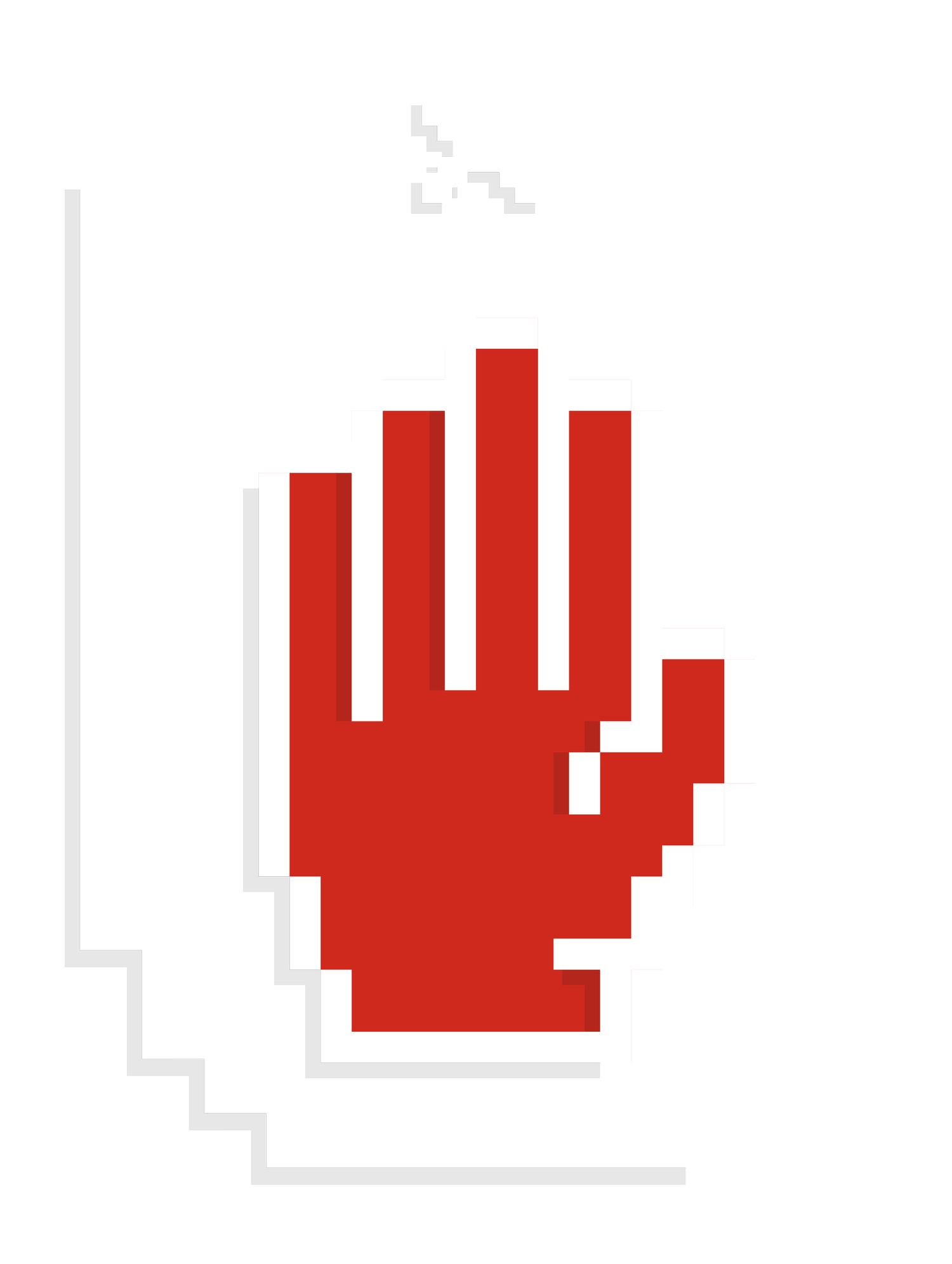John Cooney: The Road Less Travelled
John Cooney knows a thing or two about overcoming struggles. It wasn’t until the age of 27 that he made his Ireland debut after seven frustrating, injury filled years at Leinster and Connacht.
It was Ulster who gave him the chance to resuscitate his career in 2017. Even then, challenges were embedded in the narrative. Of all the obstacles he’s faced, Cooney describes the most unlikely of hurdles that could have jeopardised his moved to Ulster. A pothole on the way to Belfast.
“On my way up to meet Les I got a flat tyre. I had a nut key to change the tyre, but it broke so I was stranded near Castlebellingham. I was going to be late to the meeting, but I was absolutely determined to get there.
“I called my best friend who came and picked me up and drove me to Belfast. I don’t think Ulster were that keen on me at first. I’d been out injured for about 6 months and I was second choice at Connacht.”
Clearly, despite being late to the meeting, Cooney left such an impression that a contract was handed to him the very next day. From there, he’s gone from strength to strength. Becoming Ulster’s talismanic scrum-half and one of Europe’s most consistent nines.
A pothole and a flat tyre are rather tame compared to the other challenges he has had to endure, however.
““I’ve had a lot of issues with injury. I’ve had three shoulder surgeries. The last shoulder surgery I had helped me really connect with my mind. It’s funny because, through injury, I’ve found a new part of my game which has really improved me as a player.
“When I had the surgery on my shoulder after the third injury, I decided I needed to learn more about myself. I went to see a counsellor to help me with personal development. I learned a lot about myself, my personality. It made me more self-aware.”
Those three shoulder injuries have accompanied a complicated career path. Overlooked and under-valued at other provinces, and some might say by his country, there have certainly been moments when Cooney’s professional aspirations looked in doubt.
“When I went from Leinster to Connacht and was struggling with injury most players may have ended their careers that way. I just decided I wasn’t going to be that person. I knew I was good enough to play for Ireland.
“One of the things I learned from the counsellor was to train and play ‘as if’. That mean to train ‘as if’ I was an international when I was at Connacht out injured. Or if I threw a bad pass and thought I wasn’t good enough for Ireland I would be pissed off and raise my level, so I was training as if I was an international. She had me walking around as if I was an international long before I was and that really helped me in terms of the standards I set for myself.
“I have always worked hard and been really competitive. When I was 20 or 21, I wanted to be as physical as the centres, as fast as the wingers and as skillful as the back three. I didn’t want to be worse than them in any area of my game so that worked well, and I think I’ve improved those areas of my game across the spectrum.”
As Ulster surge forward, staking their claim for Ireland’s second-best province with Cooney at the helm, it’s all the more impressive when you realise that a career in rugby was something he never considered.
“It was only when I was about 18 or 19 that I thought I could go on to become a professional rugby player. I was on Ireland Under-20s and had played at various age-group levels and, to be honest, had just gone with the tide until then.
“I enjoyed playing rugby and I was competitive but played a load of other sports, mainly football. I hadn’t set my sights on playing professional rugby when I was a kid like a lot of other guys.”
Those hours sunk into playing football are something that Cooney greatly attributes his proficiency with striking a rugby ball to.
“I spent hours every day kicking a ball against a garage door. I was out there all day, every day. I think it really helped develop my ability to strike a ball. That was basically all I did – play soccer in the park or on my street. It was great to have that garage door because it meant I could practice by myself. I developed a natural strike of the ball.”
Whilst Cooney naturally developed his kicking ability, the sporting inspiration came at him from all angles. His older brother would impart his rugby wisdom, whilst his sister playing Under-21 hockey for Ireland added an extra layer of motivation. Not to mention that Cooney’s neighbour growing up was former Leinster and Ireland backrow Kevin McLaughlin.
Cooney’s patience in kicking practice has paid off. So much so, that he has been dubbed the ‘human slot machine’ for his dependability from the kicking tee. For many such a skill would require hours of patience practice, whilst Cooney’s talents are a tad more innate it seems.
“It started when there were a few guys out injured at Connacht and we didn’t have a goal-kicker. I would be the type of lad I would put the ball down on the corner and kick it over and go, ‘Ha, I can do that.’ But I’d never done it. So, when the chance came to put my money where my mouth was, I said “eff it. I’ll kick. Everyone thinks I’m going to miss so why not get them?’ That was my attitude which helped to take the pressure off.
“When I was younger, I didn’t kick because I knew I would get too annoyed at myself if I missed. I didn’t kick at school or at Leinster. Then, when I started kicking at Connacht, I got my first seventeen kicks in a row. After that, they told me I should just keep doing it.”
Whilst as natural as his talent for goalkicking may be, Cooney quickly grounded himself and adjusted his mentality to account for his new responsibility. In fact, it his self-awareness and understanding of how to optimise his own performance that quickly turned him into one of the most faultless goal-kickers in Europe.
“I could see other people kicking and getting frustrated, so I had to think differently – just relax, enjoy it and think about getting it over. If you become aware of the crowd there is a lot more pressure. If you’re fully tuned into the game, you don’t notice the crowd and that’s when you’re at your absolute best.”
It has been a wayward journey for the scrum-half, but at Ulster, Cooney has found a home. The supporters who flock to the Kingspan have embraced him with open arms, an affection he reciprocates.
“I feel very much at home here. I have bought a house, my girlfriend is up here and she loves it. I loved my time at Connacht, but it was the right decision for me to leave and I haven’t looked back since. Now I’m loving Ulster, everything about it.
“Back in the day, there was maybe a perception that Ulster could be a bit soft at times but that new edge we have will make us a lot more competitive. We need to have a chip on our shoulder and add more bite to our game.
“That’s the type of team I love to be part of – fighting for every inch. Those day-to-day behaviours – in training and in preparation – translate onto the pitch.”
Last season saw a significant challenge to Cooney’s starting berth in the form of one of the brightest prospects in Ireland, Nathan Doak. The signing of promising scrum-half, Michael McDonald from the Waratahs will add further quality depth as well as Dave Shanahan, who has always deputised well when called upon.
Cooney is the type of character who will embrace the enhanced competition in the squad and one thing’s for sure – he won’t be giving up the 9 jersey without a fight.









